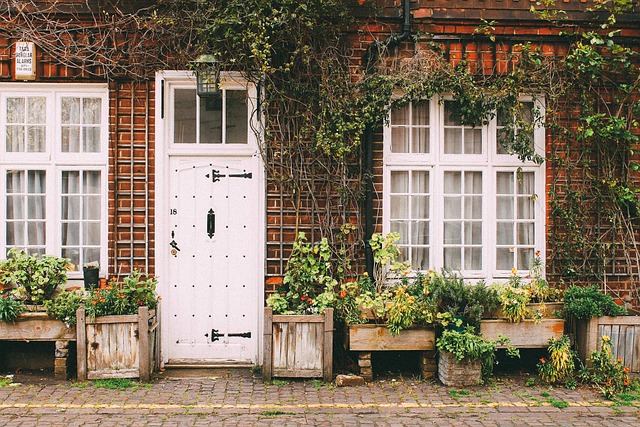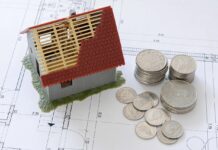For many people, a home is more than just a place to live—it’s also one of the largest financial investments they will make. While homes typically increase in value over time, taking steps to actively turn your property into a long-term investment can yield even greater returns. By making smart decisions, planning ahead, and considering the future, you can maximise the value of your home and ensure it becomes a valuable asset. Here are some key strategies to help you turn your home into a long-term investment.
- Choose the Right Location
Location is one of the most important factors influencing the long-term value of your home. A property’s value is largely determined by its surroundings, including access to good schools, parks, transport links, and local amenities such as shops and healthcare services. Homes in well-connected, safe, and thriving areas tend to appreciate in value more quickly than those in less desirable locations.
Before buying a home, carefully research the neighbourhood. Look for signs of potential growth, such as planned infrastructure projects, new businesses, or developments that might boost the area’s popularity in the future. Even if you already own a home, keeping an eye on local developments and trends can help you gauge how your home’s value may evolve over time.
- Work with a Mortgage Broker
If you’re looking to make large-scale renovations or improvements, remortgaging could be a smart financial move. Consulting a mortgage broker, such as Your Certified Expert, can help you find the best options to finance these upgrades. By securing better mortgage rates or borrowing against your home’s increased value, you can fund projects that will further boost your property’s worth while still maintaining long-term financial stability.
- Invest in Energy Efficiency and Sustainability
With rising energy costs and growing environmental concerns, energy-efficient homes are becoming increasingly attractive to buyers. Making your home more energy-efficient not only reduces your household bills in the short term but also boosts its long-term value. Modern buyers are more likely to seek properties with sustainable features, and energy-efficient homes tend to sell faster and at higher prices.
To increase your home’s value, consider investing in upgrades such as:
- Double glazing: Improves insulation and reduces energy costs.
- Solar panels: Reduces reliance on traditional energy sources and can lower electricity bills.
- Insulation: Adding insulation to walls, floors, and attics helps maintain the temperature in your home, making it more energy-efficient.
- Energy-efficient appliances: Installing eco-friendly appliances like energy-efficient boilers, heating systems, and lighting can be a selling point for environmentally conscious buyers.
Many of these upgrades come with government incentives or grants, which can make them more affordable while increasing your property’s market appeal.
- Make Strategic Home Improvements
Not all home improvements are equal when it comes to increasing your property’s value. Some renovations provide a better return on investment than others. The key is to focus on changes that not only enhance your living experience but also appeal to future buyers.
Here are a few high-impact improvements to consider:
- Kitchen remodels: A modern, functional kitchen is a major selling point for potential buyers. Upgrading countertops, cabinets, and appliances can add significant value to your home.
- Bathroom upgrades: Like kitchens, bathrooms are high-traffic areas that can make or break a sale. Consider updating fixtures, adding storage, and incorporating modern design elements.
- Open-plan layouts: Removing walls to create open-plan living areas can make your home feel larger and more connected. Open spaces tend to appeal to families and modern buyers who value flexibility and flow in their living areas.
- Outdoor spaces: A well-maintained garden, patio, or deck can add value, especially if you live in an area where outdoor space is limited. Adding features like a barbecue area or outdoor dining space can increase the property’s appeal.
When considering home improvements, it’s essential to keep an eye on your budget and avoid overcapitalising. Be mindful of what buyers in your area are looking for, and aim for improvements that will provide a good return on investment when it’s time to sell.
Conclusion
Turning your home into a long-term investment requires thoughtful planning, smart improvements, and regular maintenance. By focusing on energy efficiency, making strategic renovations, and keeping up with routine maintenance, you can enhance your property’s value over time. Additionally, considering rental income or working with a mortgage broker to finance improvements can further maximise your return on investment. With the right approach, your home can become a valuable asset that not only meets your family’s needs but also grows in value for the future.
Help keep news FREE for our readers
Supporting your local community newspaper/online news outlet is crucial now more than ever. If you believe in independent journalism, then consider making a valuable contribution by making a one-time or monthly donation. We operate in rural areas where providing unbiased news can be challenging. Read More About Supporting The West Wales Chronicle
























